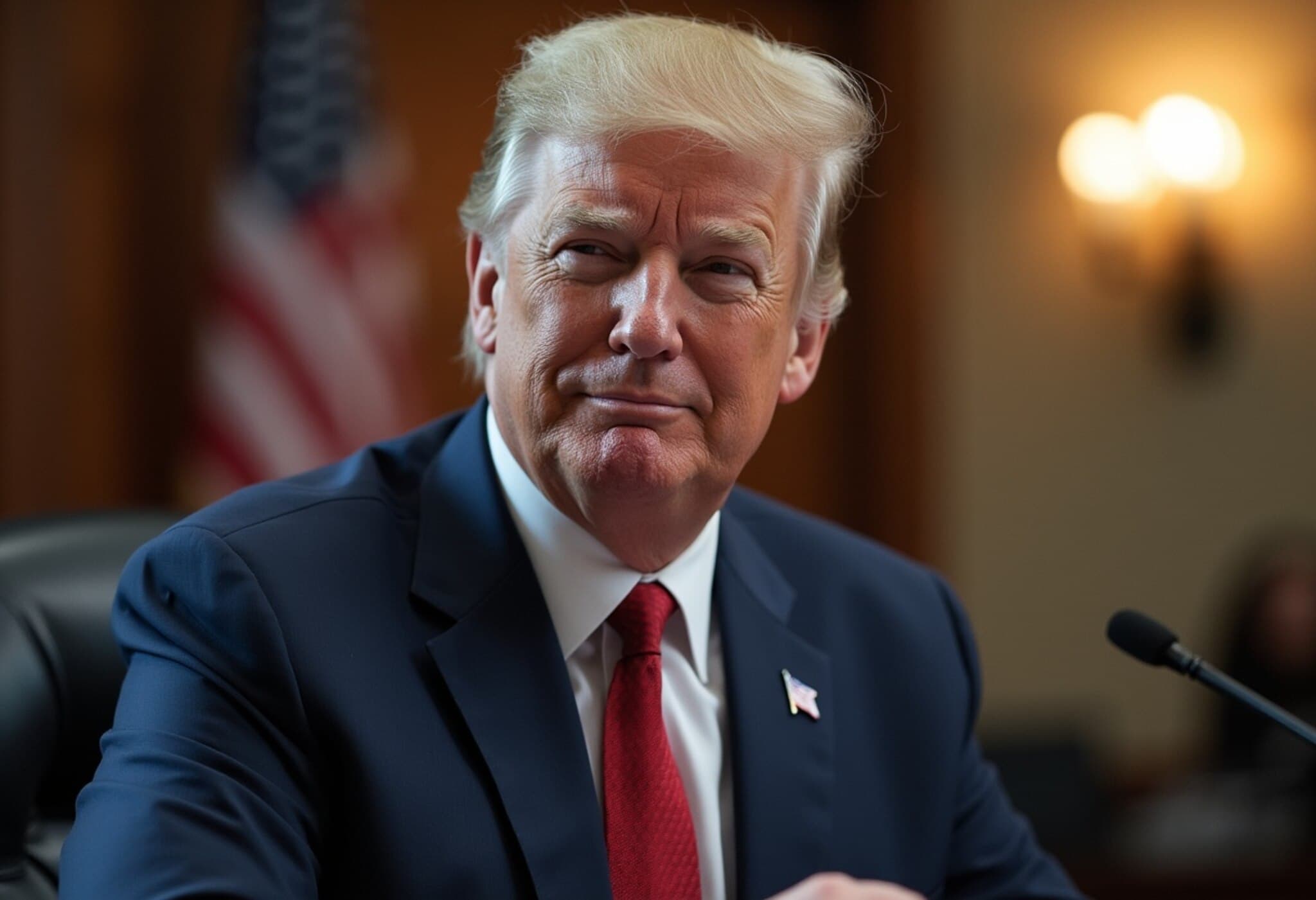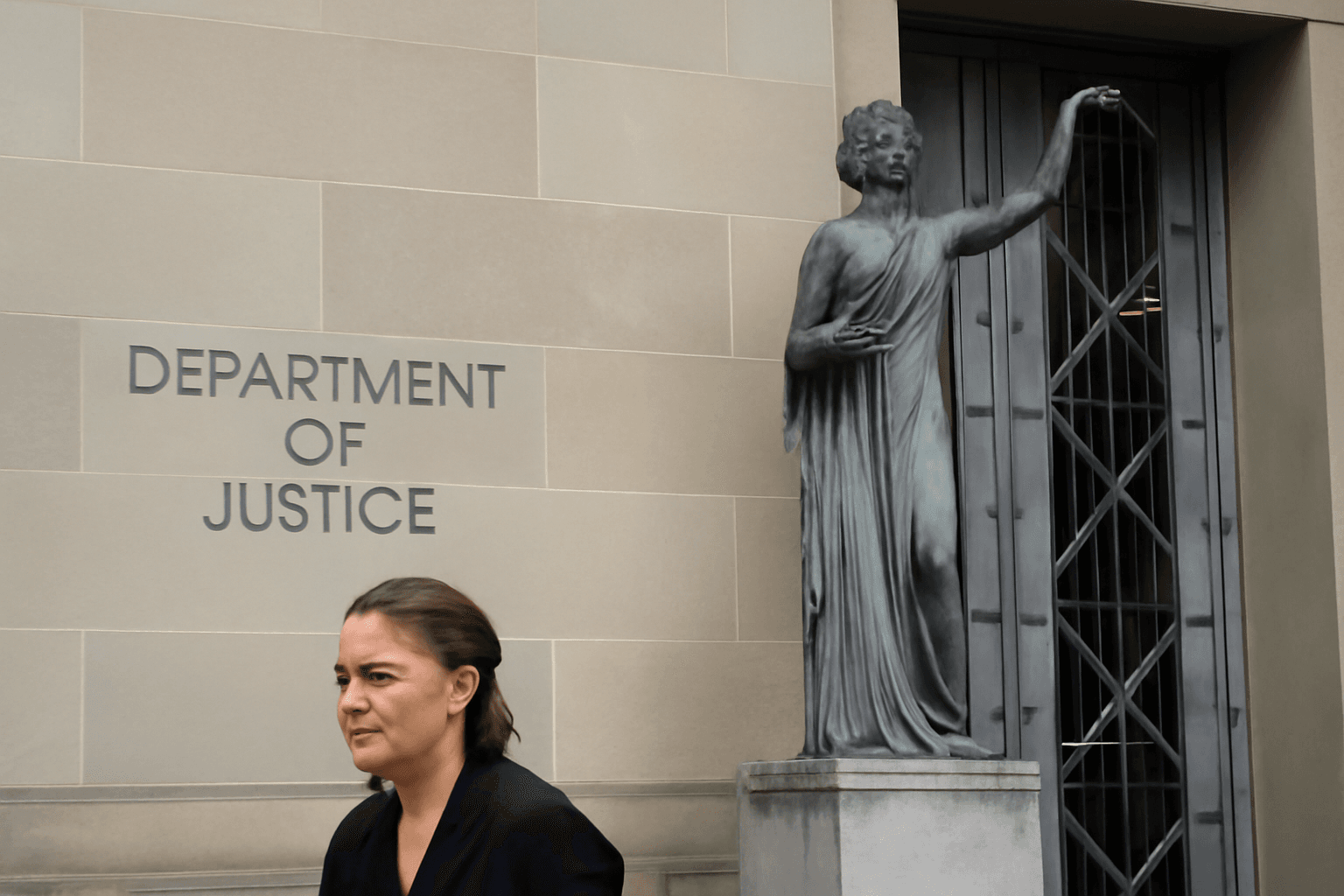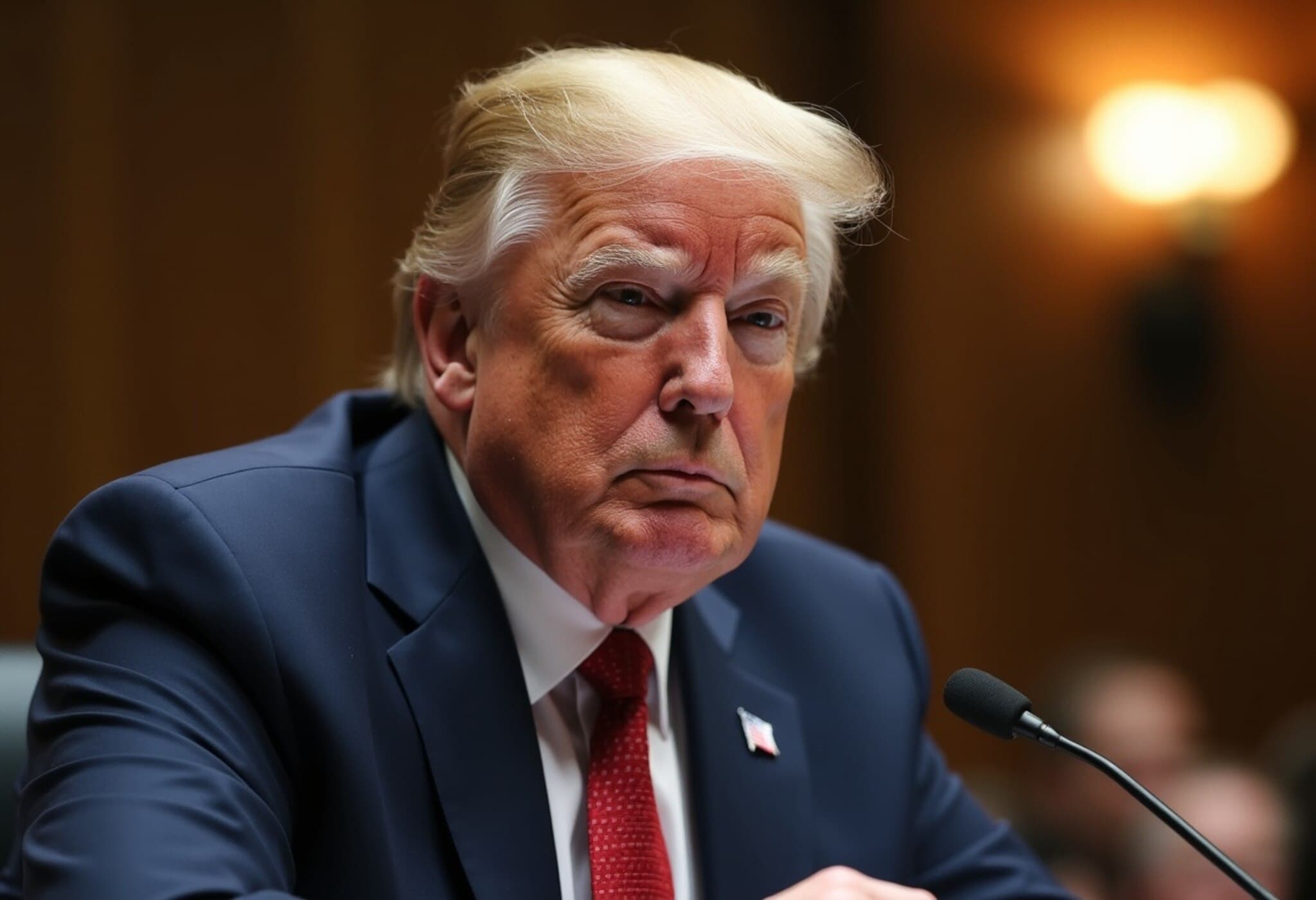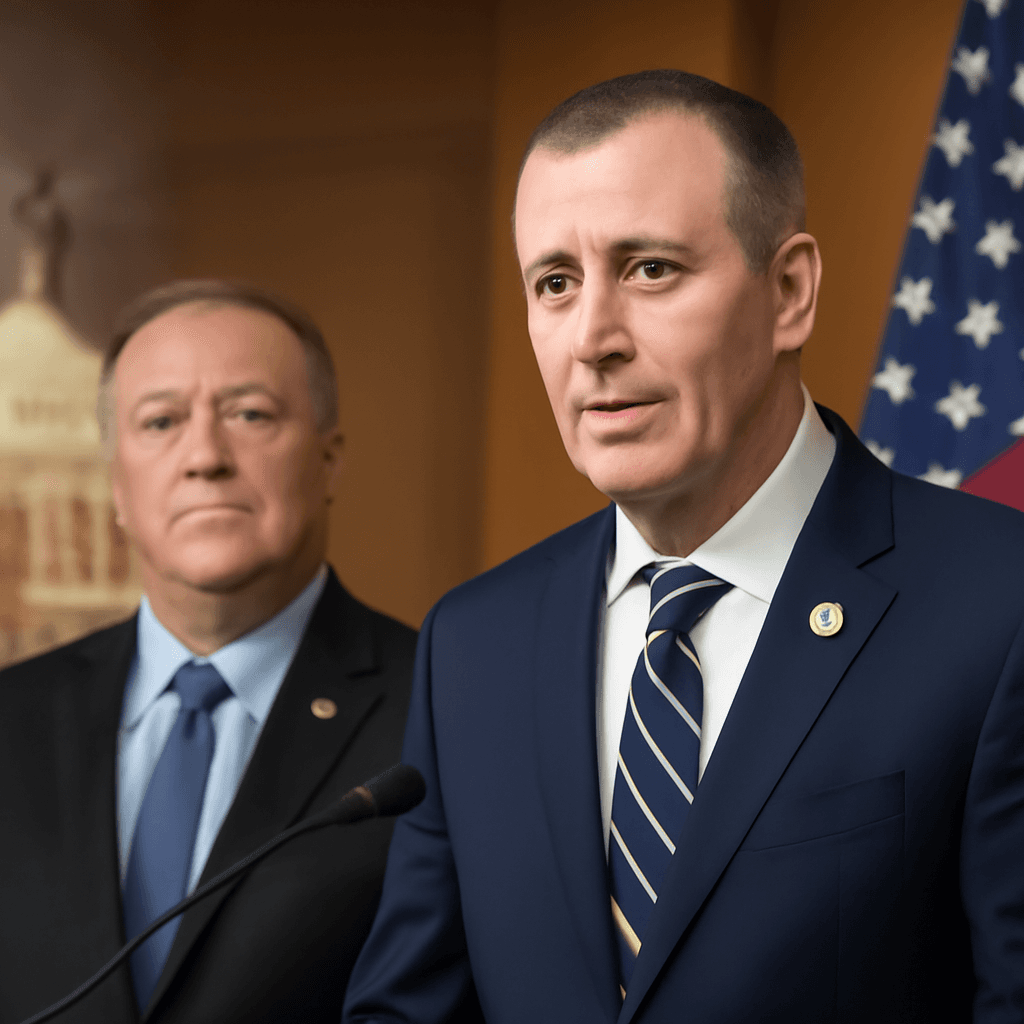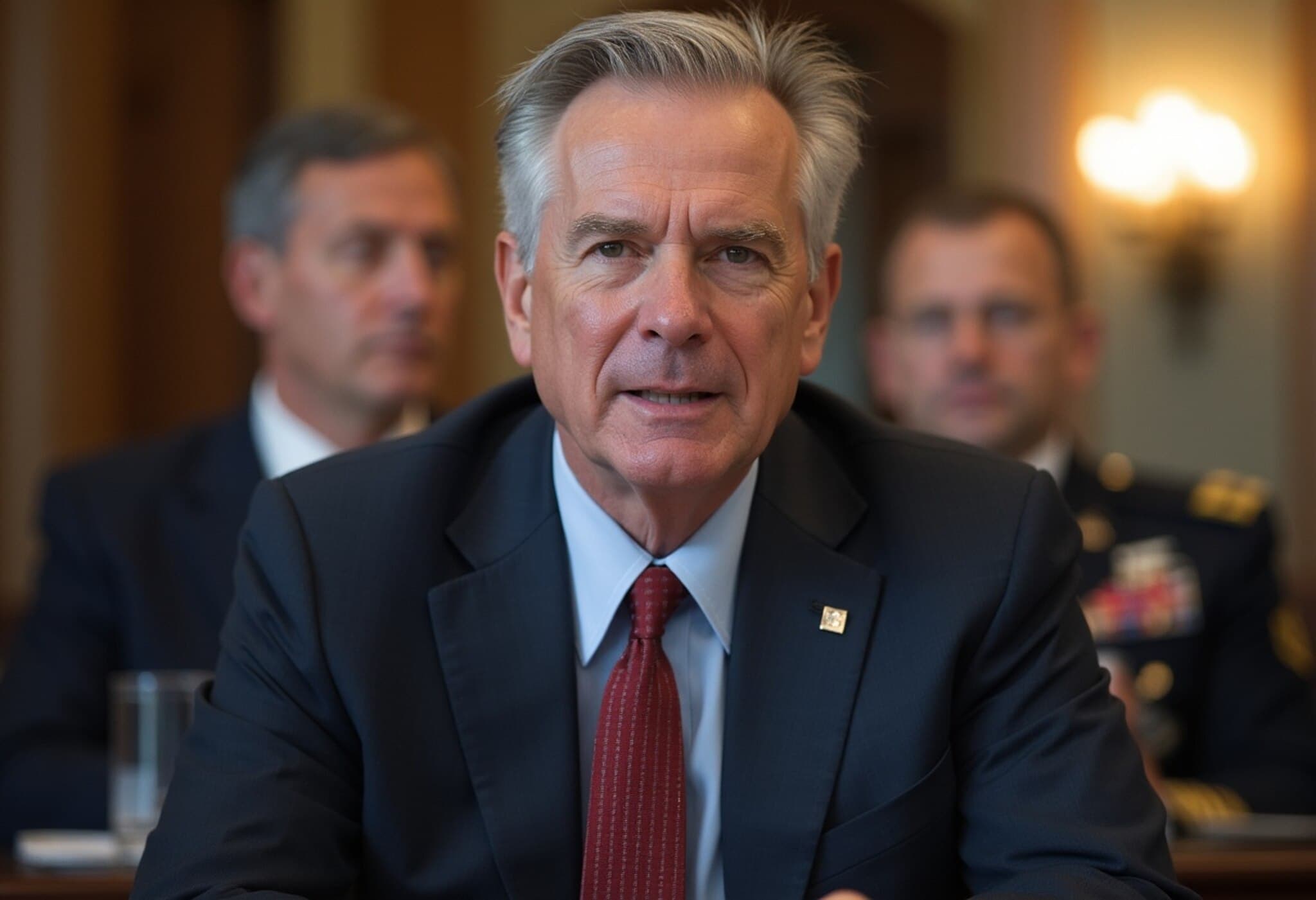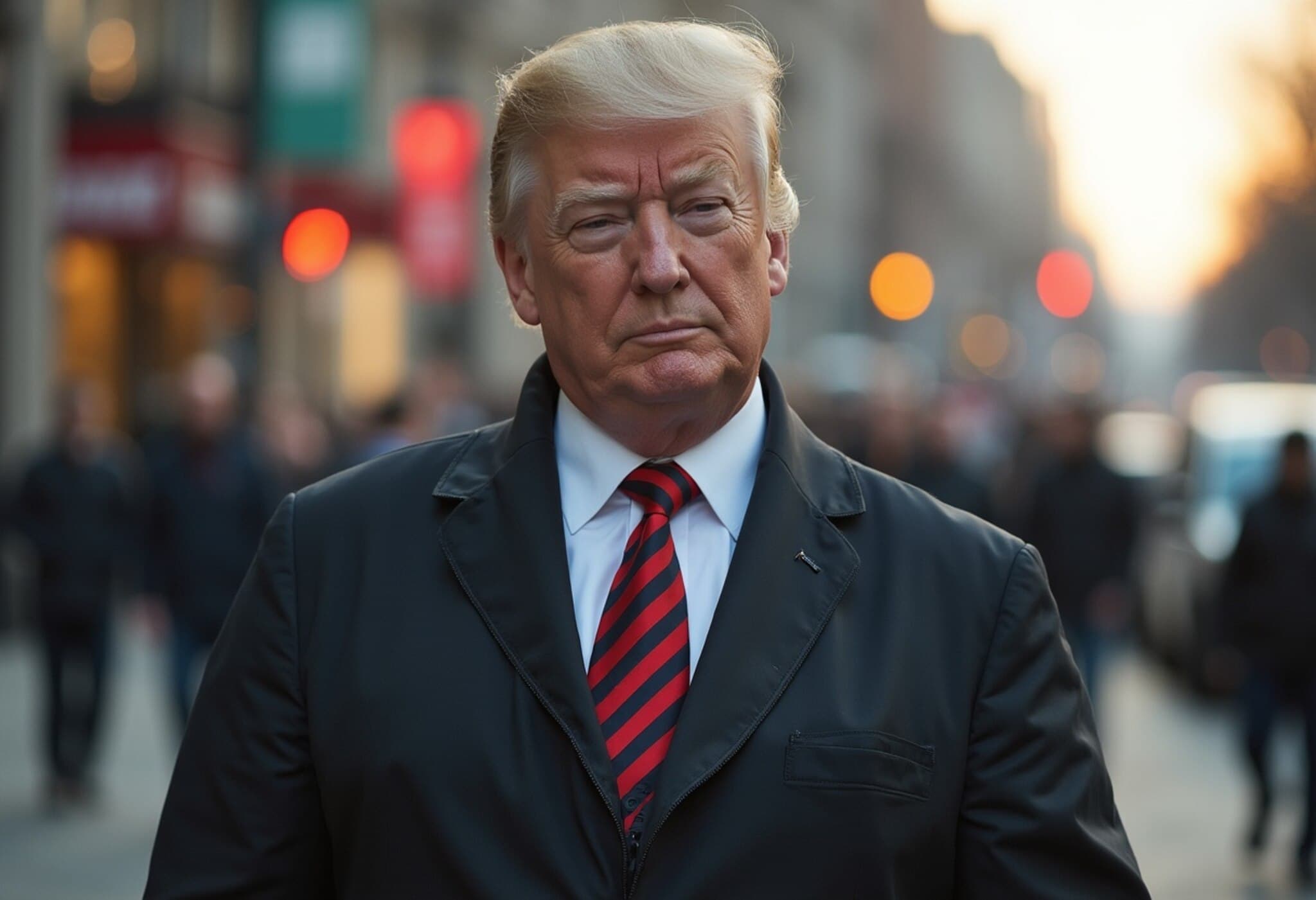Is Pete Hegseth Eyeing a Gubernatorial Run Amid Pentagon Challenges?
In a political landscape already rife with unpredictability, recent reports suggest that Pete Hegseth, the current United States Secretary of Defense, might be contemplating a dramatic career pivot—from managing the complexities of the Pentagon to vying for the governor's mansion in Tennessee.
A Turbulent Tenure at the Pentagon
Hegseth assumed the defense secretary role at the start of 2025 under President Donald Trump’s administration. However, his leadership has been anything but smooth. His tenure has been marked by sharp internal conflicts, swift personnel changes, and a mountain of scrutiny regarding his management style.
One of the most contentious issues, infamously dubbed “Signalgate,” involved the alleged sharing of sensitive military plans via the encrypted messaging app Signal. The fact this communication included a journalist raised serious concerns about potentially breaching federal law, although Pentagon officials have denied the material was classified. The Office of the Inspector General is expected to release findings that could dramatically impact Hegseth’s position.
Private Discussions Hint at Political Ambitions
Sources close to Hegseth have confirmed that he has engaged in confidential conversations about launching a 2026 gubernatorial campaign in Tennessee. Though no definitive decision has been made, these talks reportedly covered campaign logistics and eligibility issues, reflecting more than mere idle speculation.
Legal and Political Hurdles on the Horizon
Tennessee’s election laws set clear barriers. Prospective gubernatorial candidates must have lived in the state for at least seven years—Hegseth’s reported residency since mid-2022 falls short of this criterion. Additionally, Republican Party rules in Tennessee require that primary candidates have participated in a majority of recent GOP primary votes, a stipulation that has controversially barred seasoned candidates before.
Contradictory Signals from the Pentagon
The Pentagon, however, has issued firm denials. Pentagon spokesman Sean Parnell categorically dismissed the reports as unfounded, emphasizing Hegseth’s commitment to his current role. Supporters within Hegseth’s inner circle assert he has categorically ruled out running for office, labeling the rumors "totally off the table."
White House Dynamics and Leadership Friction
President Trump publicly praises Hegseth’s efforts, notably in military operations like Operation Midnight Hammer. Still, behind closed doors, sources reveal growing tension, fueled by the fallout from the Signal incident and Hegseth’s shifting positions on critical policy areas like aid to Ukraine. Senior military leaders express concerns over his personnel decisions perceived as politically motivated, deepening fissures within the Pentagon hierarchy.
Potential Successors and Political Contests
Should Hegseth step aside, Trump has viable replacements, including Army Secretary Dan Driscoll and Pentagon policy chief Elbridge Colby—both Senate-confirmed officials who could seamlessly fill the role without additional confirmation hearings.
Meanwhile, if Hegseth pursues the Tennessee governor’s race, he enters a competitive Republican field. Notable candidates like Representative John Rose, who has self-financed a $5 million campaign, and Senator Marsha Blackburn, a seasoned Tennessee political figure, stand ready to contend.
Examining the Bigger Picture
Hegseth’s story is a lens into the broader challenges facing the Department of Defense amid an era of political volatility and institutional upheaval. The potential move from federal defense leadership to state politics raises pivotal questions about career trajectories for public servants navigating complex power landscapes.
Is this a strategic retreat prompted by mounting pressure and controversy? Or could it be a sincere ambition to influence state governance at a critical juncture? The unfolding developments warrant close attention from both national security stakeholders and political analysts alike.
Editor’s Note:
Pete Hegseth’s potential transition from Defense Secretary to Tennessee gubernatorial candidate offers a striking example of the intersecting pressures in contemporary American politics. His trajectory underscores how leadership roles in national security increasingly intersect with volatile political currents and personal ambitions. Observers should watch for how legal eligibility requirements, party dynamics, and the fallout from Pentagon controversies shape his decision. Beyond Hegseth, this saga reflects growing tensions within the Trump administration's military leadership and raises concerns about governance stability in one of the nation's most sensitive departments.
Stay tuned as these developments unfold, shedding light on how public service careers adapt—or unravel—in the face of political storms.

